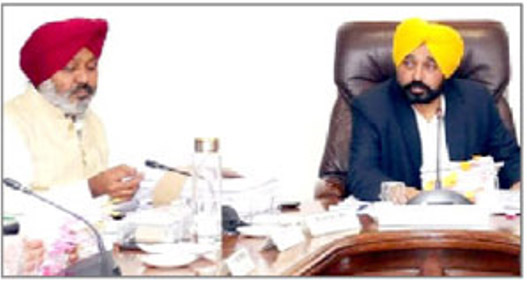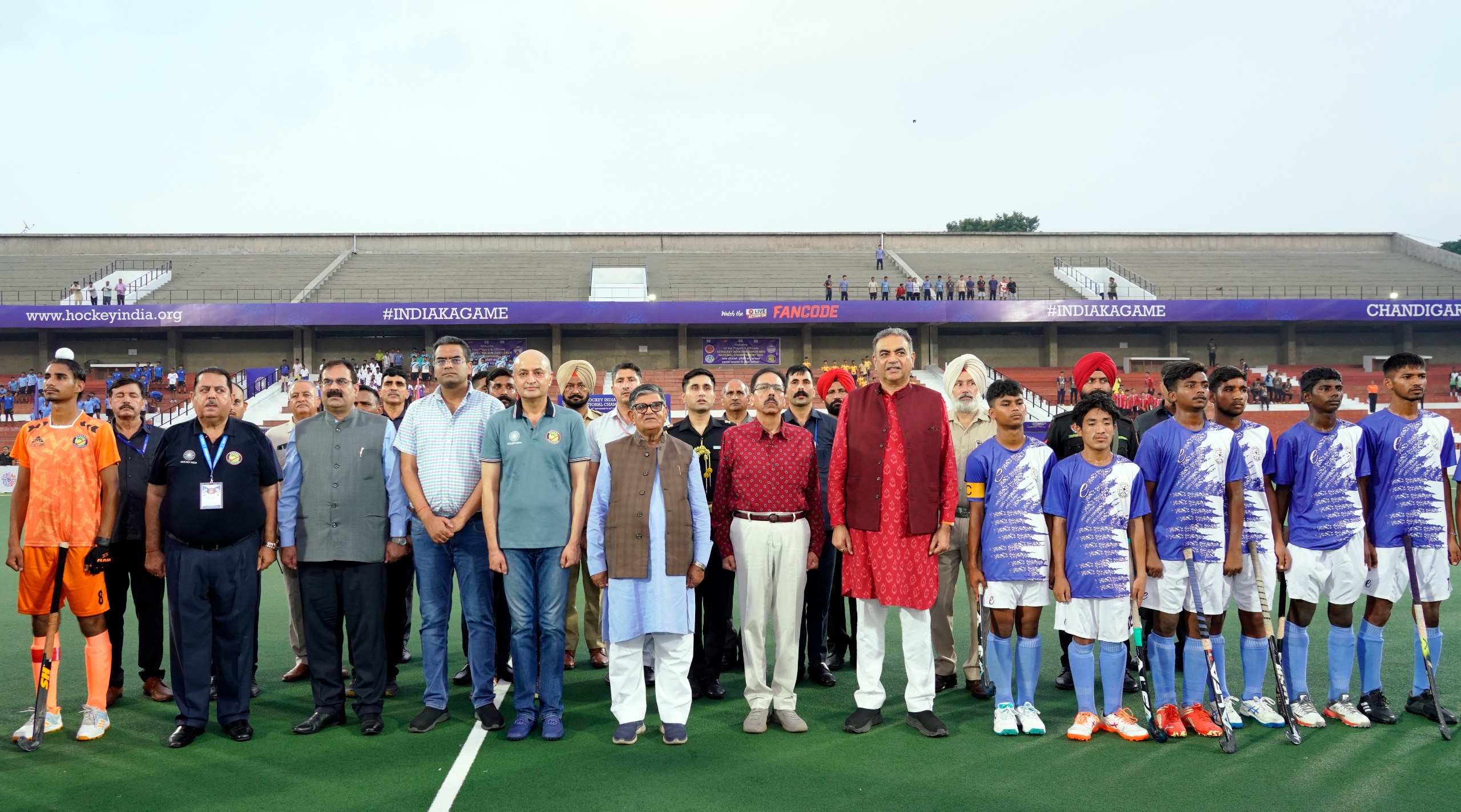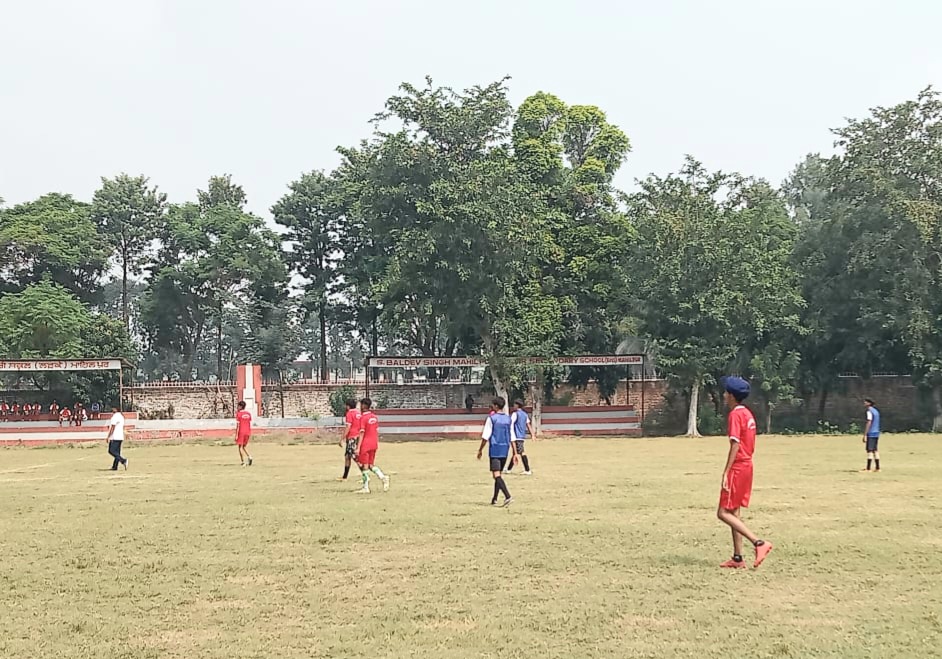
A green signal for making a new agricultural policy for the state, the electricity subsidy of many consumers has ended
Chandigarh: The Cabinet led by Chief Minister Bhagwant Singh Mann on Thursday gave the green signal to formulate a new agriculture policy for the state to ensure the welfare of farmers and increase food production.
Chandigarh: The Cabinet led by Chief Minister Bhagwant Singh Mann on Thursday gave the green signal to formulate a new agriculture policy for the state to ensure the welfare of farmers and increase food production. The decision in this regard was taken in a meeting of the Council of Ministers held under the leadership of the Chief Minister at his official residence. Giving this information, a spokesperson of the Chief Minister's Office said that at present traditional agriculture is on the verge of extinction and there is a need to formulate a new agricultural policy to promote food grain production. A new agricultural policy is also needed to conserve groundwater for future generations and make agriculture a profitable business. It was decided in the meeting that the opinion of all major stakeholders will be taken to formulate a new agricultural policy.
Consensus reached on bringing new education policy for Punjab
The Cabinet also agreed to implement a new education policy in the state to promote skill and technology based education. This will create new employment opportunities for the youth of the state, where they will become an integral part of the socio-economic progress of Punjab. This policy will see qualitative changes in education in the state, which will benefit the youth on a large scale.
Scope of OTS-3 to be extended to benefit more traders
The Cabinet also agreed to extend the scope of OTS-3 for settlement of pending VAT cases to benefit maximum traders of Punjab. The present scheme has benefited traders as compared to the previous schemes which failed completely and the State Government has earned Rs 164 crore more through this OTS as compared to the previous financial year. A formal order to extend the scope of this scheme will be issued soon.
The Cabinet has taken decisions to increase the State revenue from Rs 2400 to Rs 3000 crore annually
To increase the Government revenue, the Group of Ministers has increased the VAT rate on diesel from 12% + 10% surcharge or Rs 10.02 per litre (including surcharge), whichever is higher, to 13.09% + 10% surcharge or Rs 10.94 per litre (including surcharge), whichever is higher. Similarly, VAT on petrol has been increased from 15.74 per cent + 10 per cent surcharge, or Rs 14.32 per litre (including surcharge), whichever is higher, to 16.52 per cent + 10 per cent surcharge or Rs 14.88 per litre (including surcharge), whichever is higher. This will increase VAT on diesel by 92 paise per litre and on petrol by 61 paise per litre. The state government has decided to end the subsidy given to electricity consumers with load of more than seven kilowatts. This will increase the state revenue by Rs 2400 to Rs 3000 crore.








